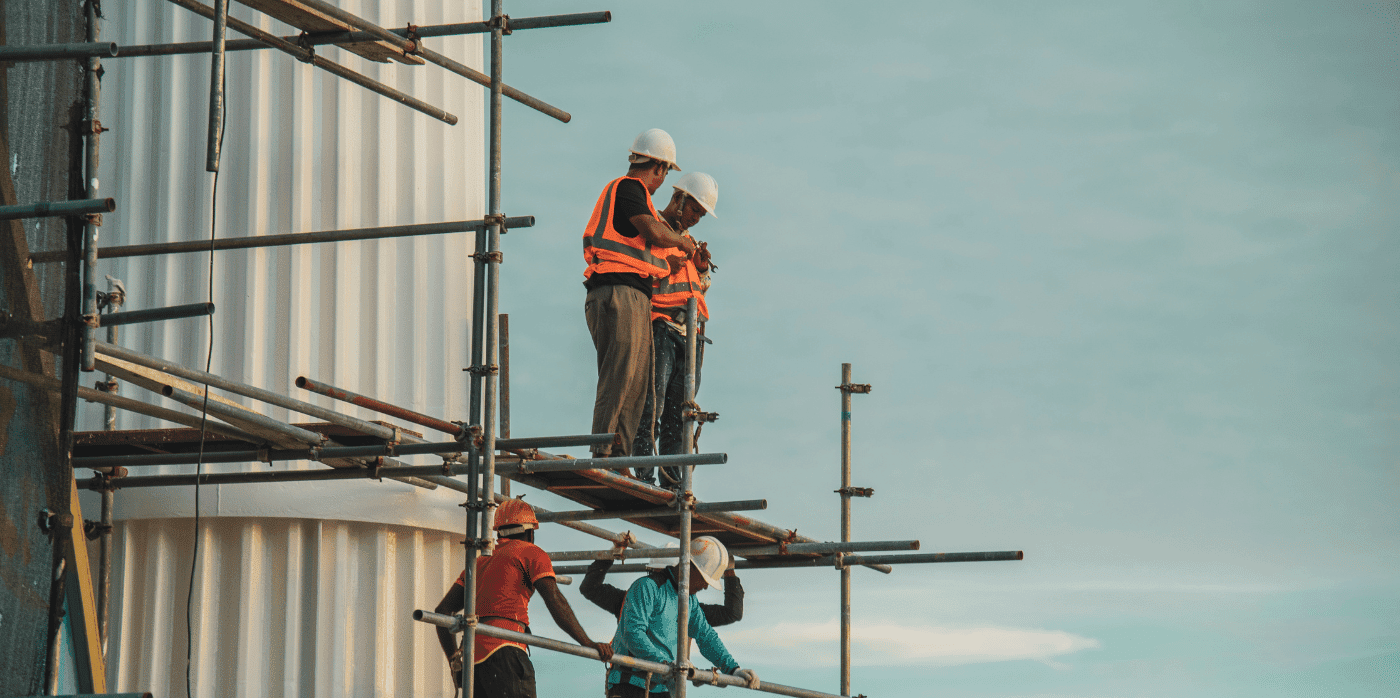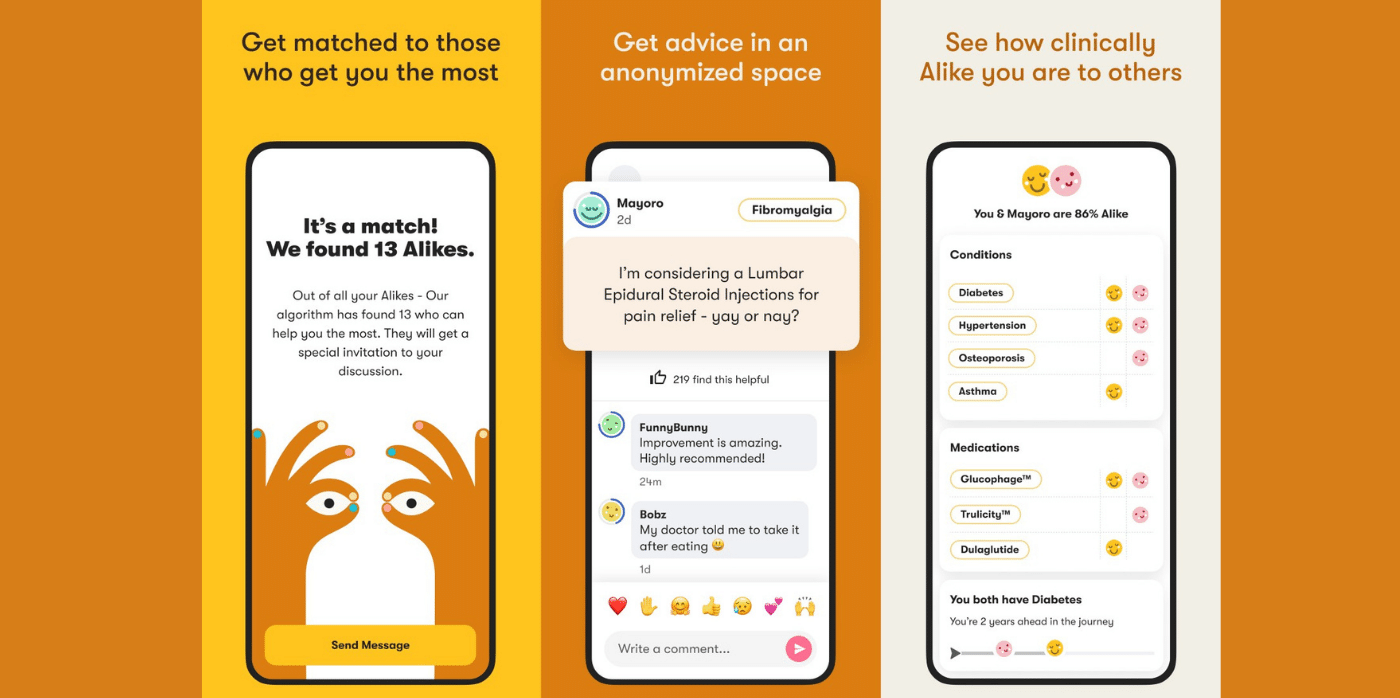AI provides insights for industries sensitive to weather

Spotted: Traditional weather platforms tend to offer raw data but without much contextual interpretation. This can make it difficult for organisations to usefully act on the information. ClimaLinks was founded to bridge what the company refers to as the “final mile of innovation” and turn weather data into useful, actionable insights.
The ClimaLinks platform is powered by Generative AI and provides weather relations management (WRM) software and ‘Data-as-a-Service’ that enable companies in weather-sensitive industries, such as construction and agriculture, to operate more efficiently and safely. ClimaLinks connects weather insights with organisational planning tools, making it a part of decision-making processes.
The WRM platform includes both a standalone dashboard and an API that links to existing SaaS management tools. It is designed to be responsive to user’s needs and transform complex meteorological data into actionable insights, so that tasks are performed in optimal conditions. The platform includes a task monitor to help optimise operations, an asset monitor to conduct risk management, and a schedule tracker that can help organisations plan ahead and prepare for extreme and potentially dangerous weather.
ClimaLinks has seen recent investment from student-run venture fund S2S Ventures. The pre-seed funding is intended to accelerate development of the startup’s platform.
Climate change is making weather forecasting more important and Springwise has spotted innovations such as a platform that identifies environmental risk to utilities and a system that makes hyperlocal rain predictions.
Written By: Lisa Magloff






